Romania could not enter a recession as it remains "a country under construction," with EUR 15-17 billion expected to flow in from the National Recovery and Resilience Plan (PNRR), Dragos Pislaru, Minister of Investments and European Projects (MIPE) said on Wednesday at a specialist conference.
"We are going to finish 2025. Ultimately, to bring investment projects to the volumes under discussion, and with EUR 8 billion in loans, there is no way to keep the budget deficit at 7.6%, as initially estimated, which included expenditures that had not been clearly declared. My colleague, Alexandru Nazare [Finance Minister] (...) managed to close at 8.4%, which allows us to fund European funds. The point here is efficiency - you do not spread yourself in all directions, you focus on how you finance European funds so that we can actually access the money. 2026 will require a major adjustment. You know that the most important measures will come into play, while at the same time there is significant compensation through European funds. My calculations suggest that absorption of European funds alone should provide a small balancing effect of 0.2-0.3%, but I won't go into modelling details, as there is surely better expertise in the room. What I want to say is that if we stick to this plan, Romania will not enter an economic crisis. I am very clear on this: a country that is under construction, with EUR 15-17 billion actually coming in, cannot go into recession. That is the assumption I start from, and we can discuss it in detail," Pislaru said at the sixth edition of the Banking Forum.
He added that Romania started from "a kind of investment-led growth, where all investments were launched simultaneously," which would not necessarily have been a problem if it had not coincided with an election period, but which also led to populist measures that increased recurrent budget expenditure and limited investment space.
"Essentially, on the one hand, the approach pushed Romania forward by launching financing contracts - government commitments to local authorities and various stakeholders - while at the same time restricting investment space. This contradictory policy led to massive over-contracting of state resources. For example, in the PNRR, we had EUR 28.5 billion in planned contracts, but found EUR 47.4 billion signed on arrival. You might say this is an isolated case - it is not. All programmes experienced over-contracting, under the idea of a reserve, which only makes sense up to a certain point; beyond that, it assumes inefficiency because projects are not completed on time (...)," Pislaru said.
He explained that moving from over-contracting to recovering a five-year delay and achieving implementation in eleven months required clarifying which sums Romania could realistically use by 31 August, as well as issuing an emergency ordinance to limit projects to the available amounts.
"This is where the first major systemic difference comes in: the Ministry of Investments and European Projects and the Ministry of Finance have started collaborating again. This is very important because you cannot have two sources of funding that do not communicate. You cannot, on the one hand, open financing contracts and, on the other, close the tap. That only creates bottlenecks in the chain. Contractors, for instance, were afraid to issue invoices because they did not know if, aside from paying VAT, they would actually receive the money. Budget rectification was slightly delayed because this time it was done properly, waiting to see which projects we were dealing with - whether PNRR or Cohesion forecast, and how to prioritise co-financing for European funds when money is scarce. This is the first key point I want to emphasise. Romania is under major fiscal-budgetary tension, as I have explained, but attention: around EUR 15-17 billion should be absorbed by the end of next year if we stick to the plan," Pislaru explained.
He added that Romania has never absorbed more than EUR 8.6 billion in a single year, as it did in 2023, or EUR 8.3 billion in 2016.

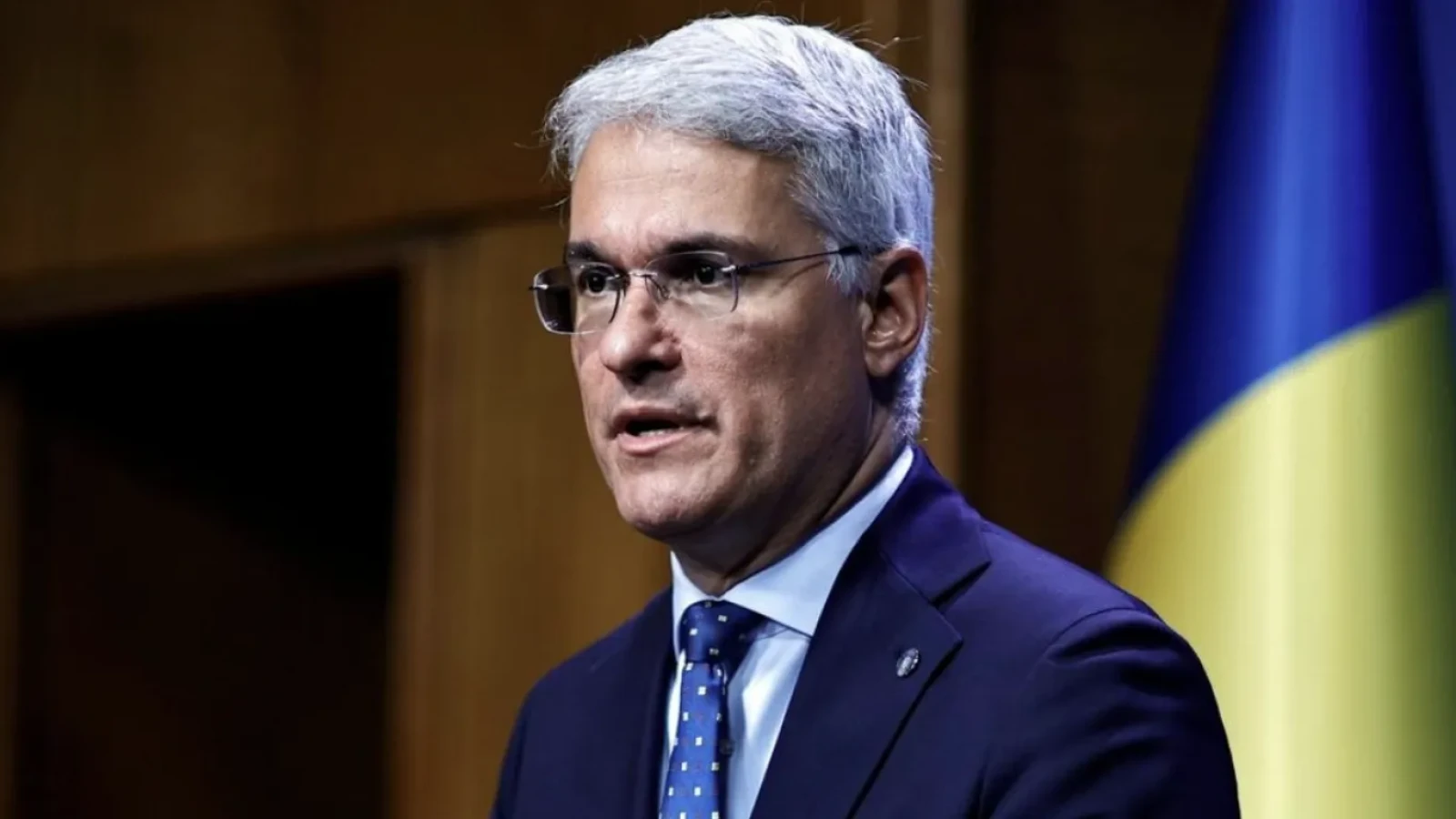



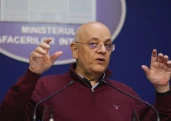






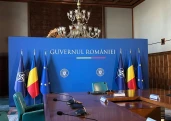
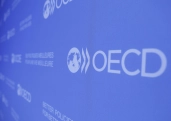








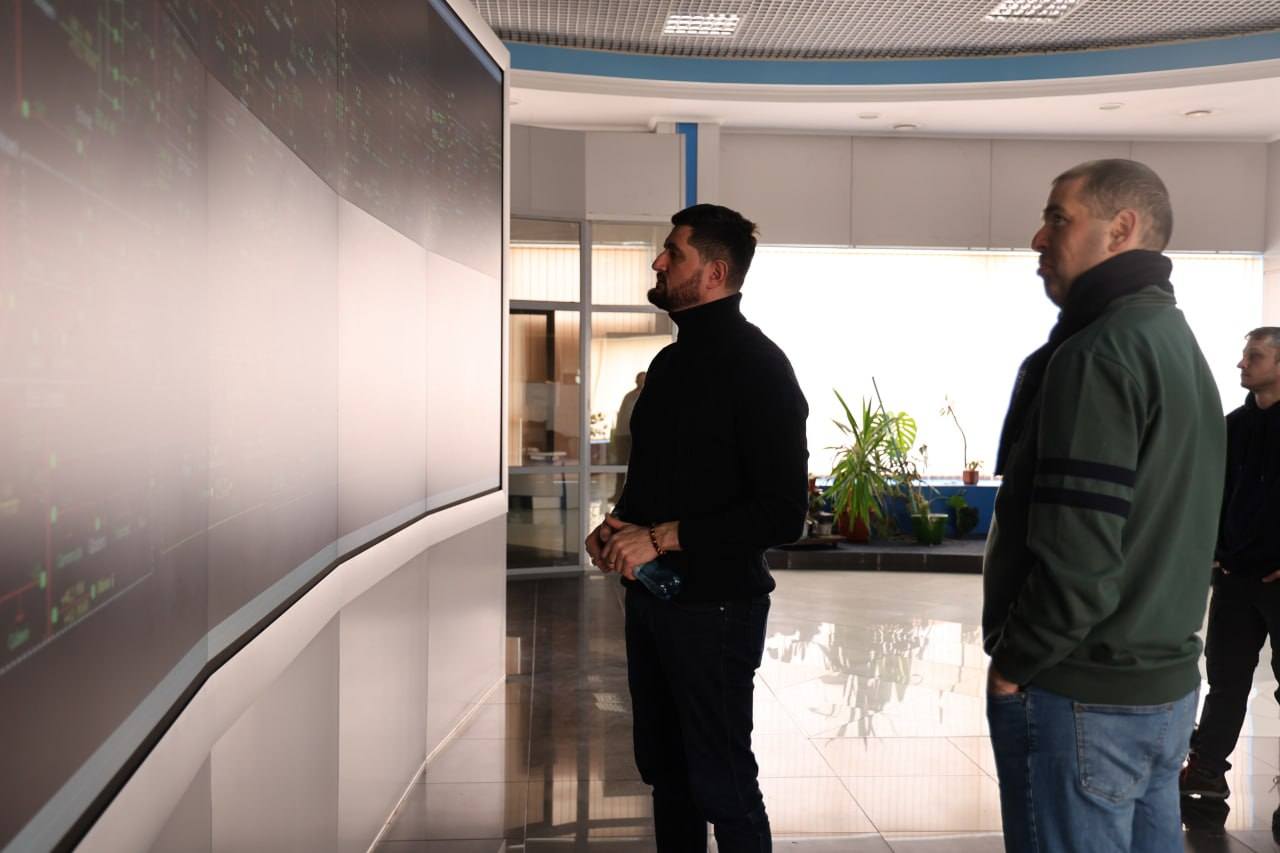









Comentează